Cristiano d’Orsi
Cabo Delgado, the northernmost province of Mozambique, has been under attack for three years. The violence was triggered in 2017 when armed men attacked a police station, killing one police officer and critically injuring another. Locals identified the assailants as “al-shabaab”, alluding to an Islamic connection.
This year, the violence has escalated. In August, militants linked to the Islamic State seized the province’s strategic port town. The militants are reported to have formal ties to Islamic State. They are also tapping into local grievances.
The attacks in Cabo Delgado have led to loss of life and severely damaged infrastructure, already badly affected by Cyclone Kenneth in 2019. According to the government, nearly 35,000 houses have either been partially or totally destroyed. People from these communities are now seeking refuge in other Mozambican provinces.
The attacks have also led to disruptions in assistance to those who most need it. These include the elderly, women and children. And last month, the Mozambican Home Affairs Minister, Amade Miquidade, defined the attacks as “crimes against humanity”.
The origins of Cabo Delgado’s violent extremism are complex. Mozambique is a fragile state from many points of view. Cabo Delgado in particular has been called an “ungoverned territory”.
It is the poorest province in Mozambique, with high unemployment and inequitable distribution of wealth. The area is rich in oil deposits, liquefied natural gas fields and gemstones. But people who live there have not benefited.
Since 2017, insurgents have carried out more than 600 attacks in its central and northern districts, causing more than 2,000 deaths. Over 60% were civilians.
The crisis has resulted in growing numbers of internally displaced persons – more than 300,000 by the end of September. That is about 13% of the province’s population. These rising numbers could soon result in a displacement crisis.
Management of the crisis is being hampered on a number of fronts.
The Mozambique government has been unable to openly discuss the crisis and help those in need of support. It is also against updated displacement numbers being published, fearing it may damage the reputation of a province on which the country’s economic future is effectively mortgaged.
A lack of information from the government has helped to create confusion. In addition, it is sticking to a military approach that has been marred by human rights abuses. One example has been the arrest of journalists working in the region.
Certainly one of the biggest mistakes the government made was allowing insurgents to occupy Mocímboa da Praia for a long period of time. New recruits are joining freely.
For their part, humanitarian agencies have been focused largely on cyclone relief efforts. And institutions on the continent have not risen to the occasion. The regional Southern African Development Community has failed to step up to the plate and the African Union has not been able to get its act together. Both have obligations, on paper at least, to assist.
Although the regional body recognised the insurrection in Mozambique as a threat to the entire region in May this year, there has been no regional or international intervention.
Read more: Why South Africa has a keen interest in extremist violence in northern Mozambique
Massive displacement
Up until the end of 2019, Mozambique’s government had directed its people to remain in their villages despite the repeated attacks. People fleeing for safety were instructed to return to their lands, with the promise that military units would be dispatched to protect them. This official stance delayed the mobilisation of international aid and the opening of accommodation centres for internally displaced persons.
By September 2020, about 1,000 refugees had crossed into neighbouring Tanzania. This has deepened concerns in the international community about the impact of the conflict on the region.
With Cabo Delgado currently recording the second-highest number of COVID-19 cases in Mozambique, population displacements have the potential to accelerate the spread of the virus across borders.
Also in September, Mozambique asked the European Union for help in training its armed forces to battle the insurgency. It also requested medical equipment and humanitarian assistance to help victims of the conflict.
In October, 24 boats carrying 2,700 refugees docked near the Tanzanian island of Pemba, which is on the southern shores of the Cabo Delgado province. They were fleeing violence and insecurity.
The massive displacement of people internally, together with the large numbers of refugees, have now become a major point of concern for the government. Internally displaced Mozambicans are now at risk of abuse. This is particularly true for women and children.
Generally, access to basic services like food and shelter is severely limited. Humanitarian workers are struggling to provide an adequate response to the growing needs within COVID-19 restrictions.
Assistance and obligations
Mozambique is a state party to 15 of the 19 international conventions and protocols against terrorism, and the 1999 African Union Convention on the Prevention and Combating of Terrorism, including the AU’s 2004 terrorism protocol. These allow nation states to seek assistance from the international community in times of crisis occasioned by terror.
The African Union first acknowledged the crisis in February 2020. It announced its willingness to support Mozambique, but could not intervene ahead of the Southern African Development Community, due to the principle of subsidiarity that governs relations between the AU and regional economic communities.
Various instruments of the Southern African Development Community, of which Mozambique is a founding member, oblige the regional body to come to Mozambique’s aid as it continues to battle terrorists and insurgents.
But a summit of the regional body held in Harare in May 2020 failed to agree on what role it could play.
Humanitarian response
These are hard times for Mozambique. The Southern African Development Community and the African Union should develop and implement a coordinated response to the crisis urgently.
For its part, the Mozambican government should take the lead in the humanitarian response to support internally displaced citizens. It needs to dispatch multi-sector teams of professionals to assist the local authorities in registering the displaced, and providing psychosocial support.
As the government demarcates plots of land to resettle the displaced, it should set up more centres to accommodate those who are living with host families. Reports of tensions between host families and displaced persons are becoming more common.
Access to adequate and appropriate shelter and non-food items is critical to ensure that the most vulnerable are not at risk.
Mozambique is a signatory to the AU Convention for the Protection and Assistance of Internally Displaced Persons in Africa. As such, the government must ensure that the Mozambican security forces desist from violating the rights of people who have been displaced. In addition, it must ensure that refugees arriving in Pemba are treated with dignity.
On top of that, the United Nations must continue to support the government’s humanitarian response to ensure that its internally displaced populations are protected.
Cristiano d’Orsi is a senior research fellow and lecturer at the South African Research Chair in International Law (SARCIL), University of Johannesburg.
This article originally appeared on The Conversation


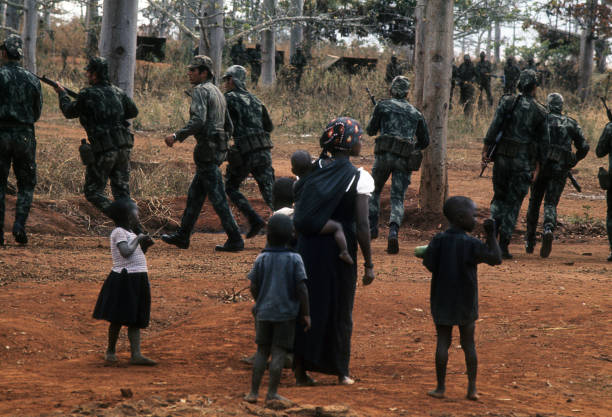
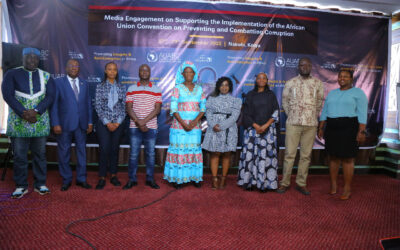

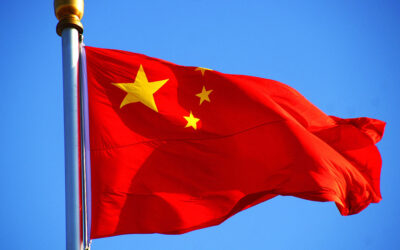

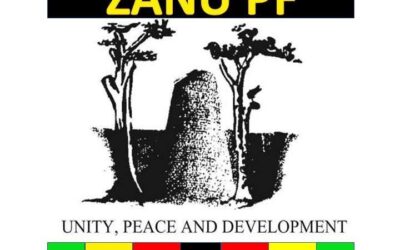
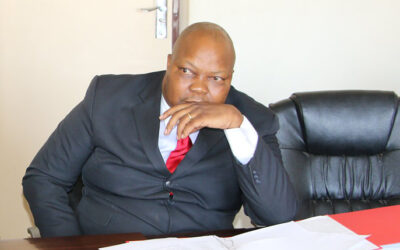
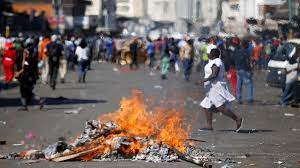
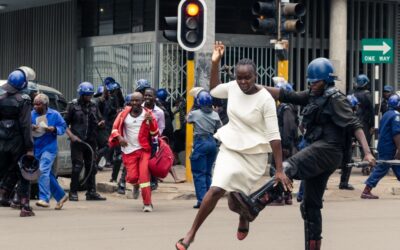
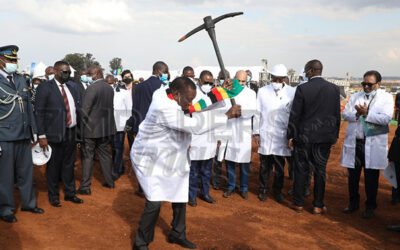
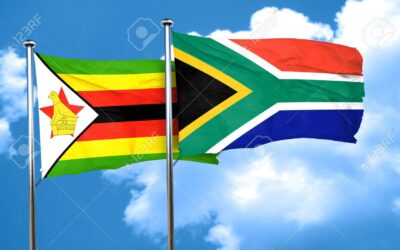

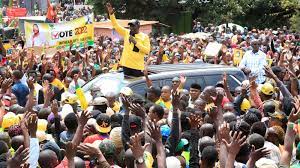
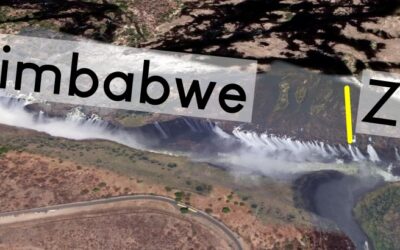
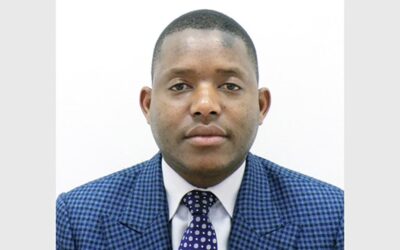
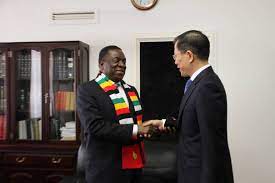
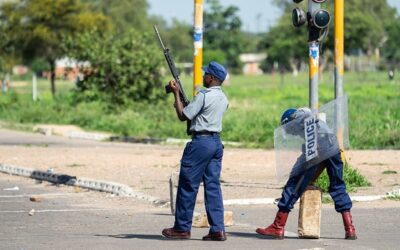

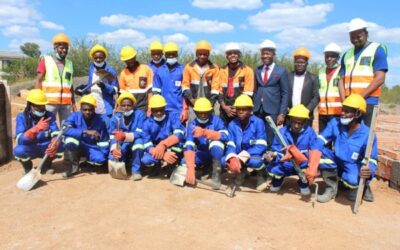
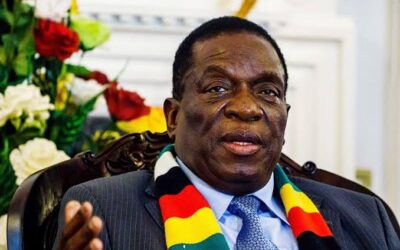
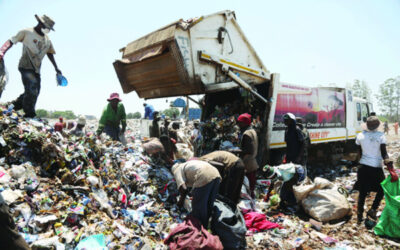
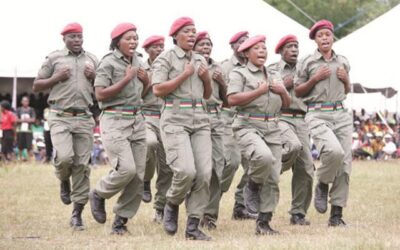
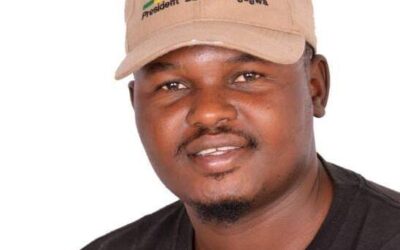

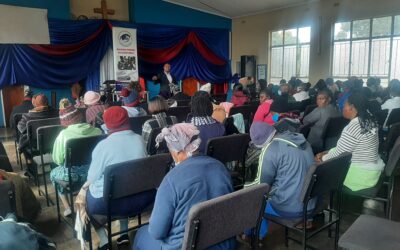


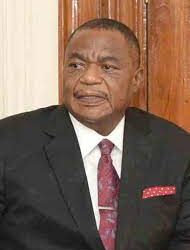
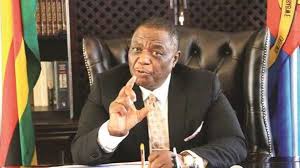

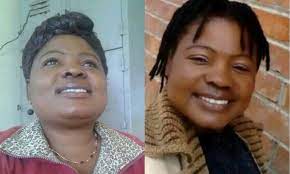
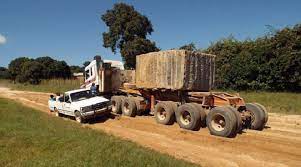





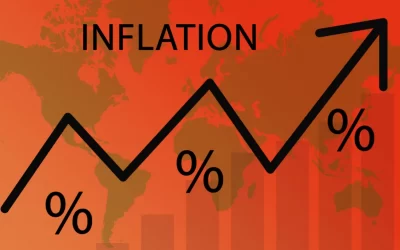
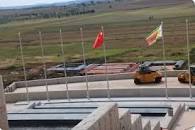
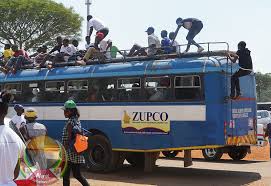
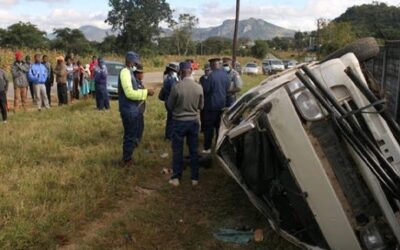
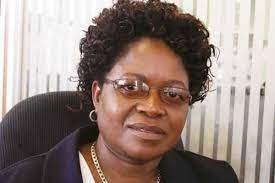

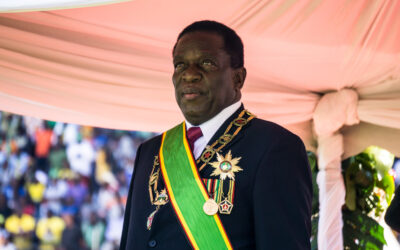
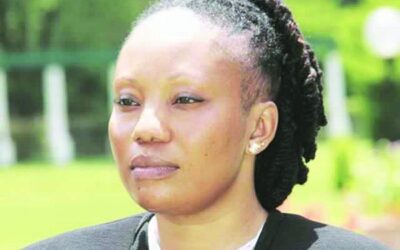
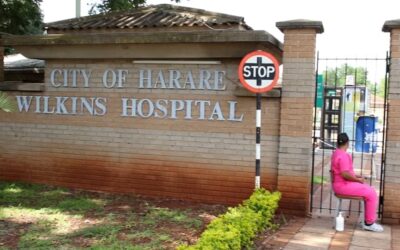

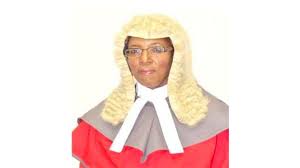

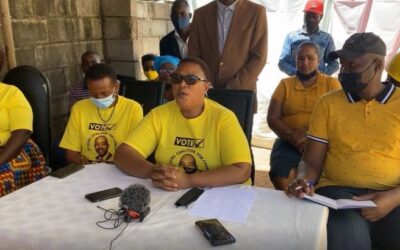
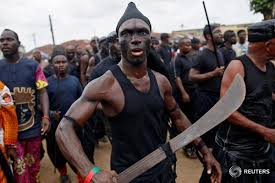



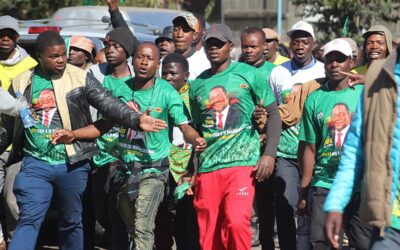

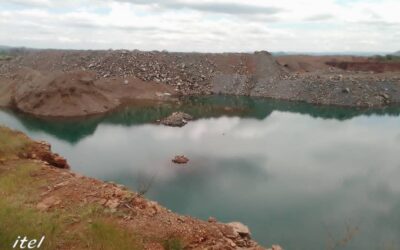
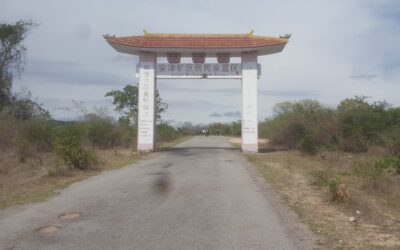
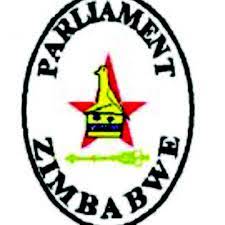
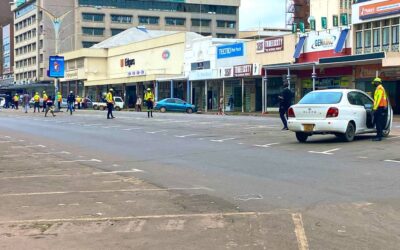
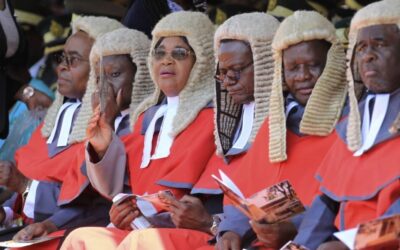

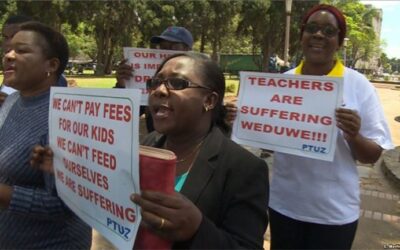
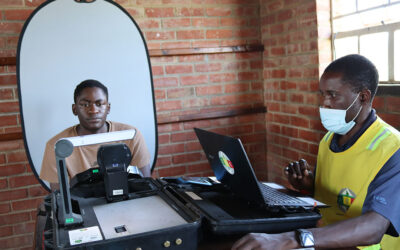

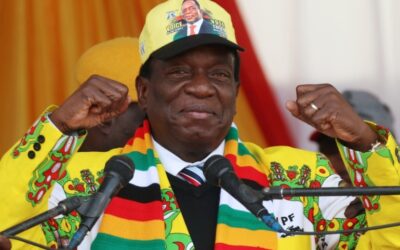
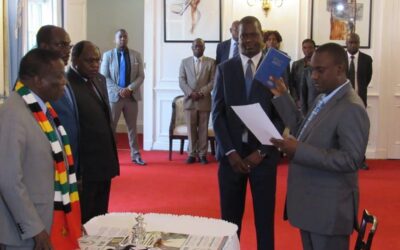

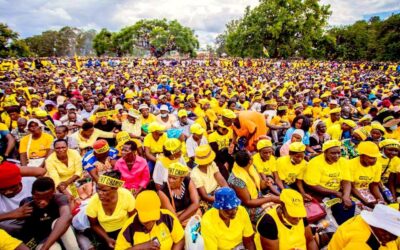
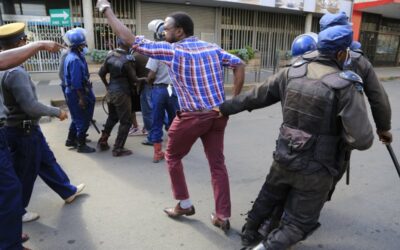
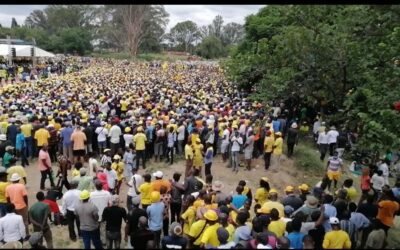
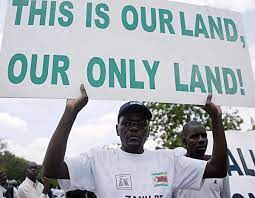
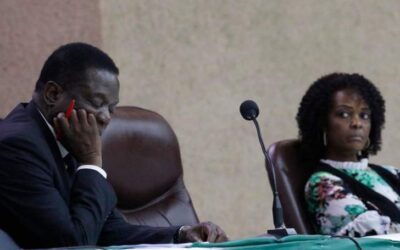
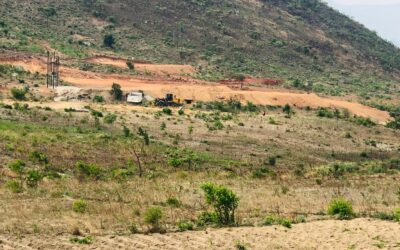
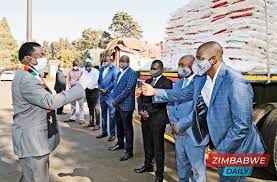

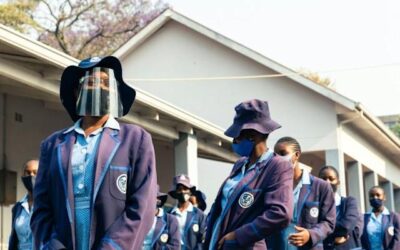
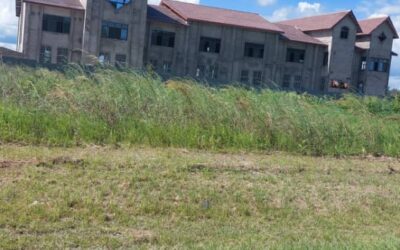
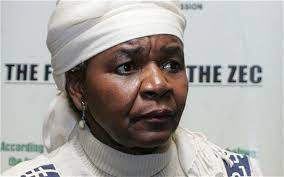
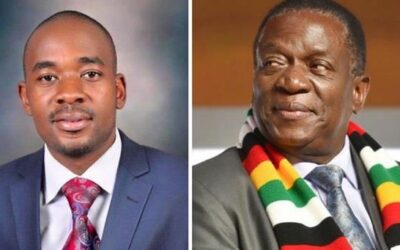

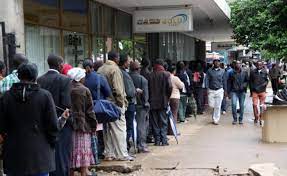
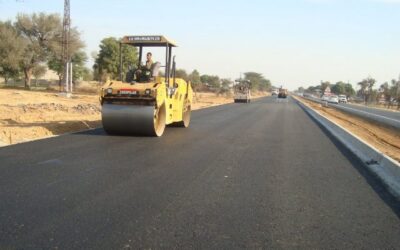
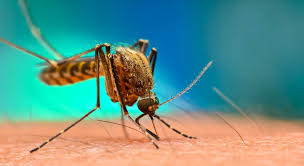
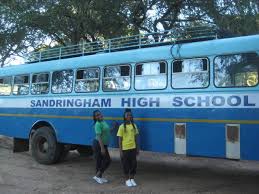


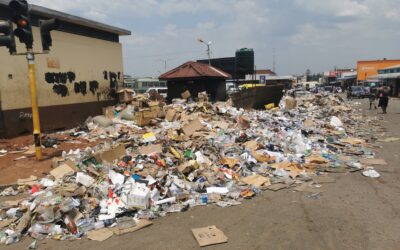
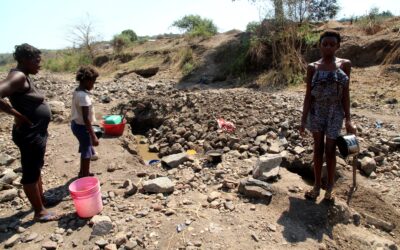

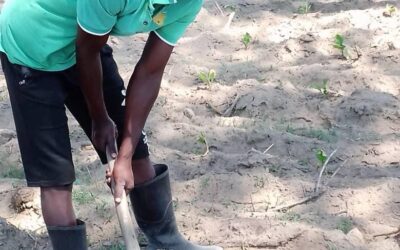



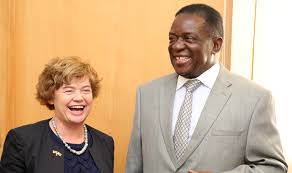
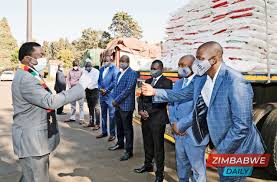
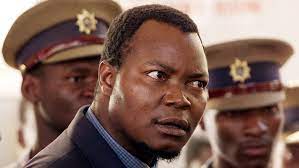

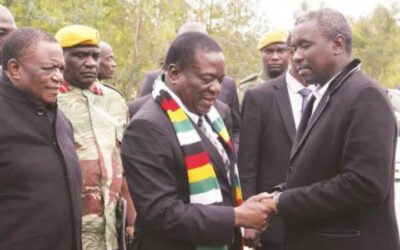
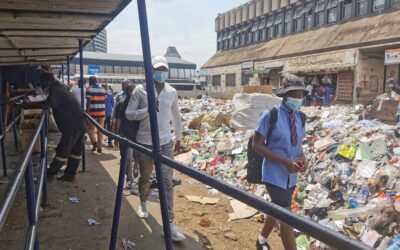
Your internet site came up in my research and I’m taken by what you have written on this topic. I am presently extending my enquiry and thus cannot contribute further, nonetheless, I have bookmarked your online world content and will be returning to keep up with any next updates. Just Now love it and gives thank you for tolerating my remark.
Despite the fact that I would???ê?ève preferred in the event you went into a bit bit a lot more detail, I still got the gist of what you meant. I agree with it. It may well not be a well-known idea, but it makes sense. Will surely come back for much more of this. Fantastic work